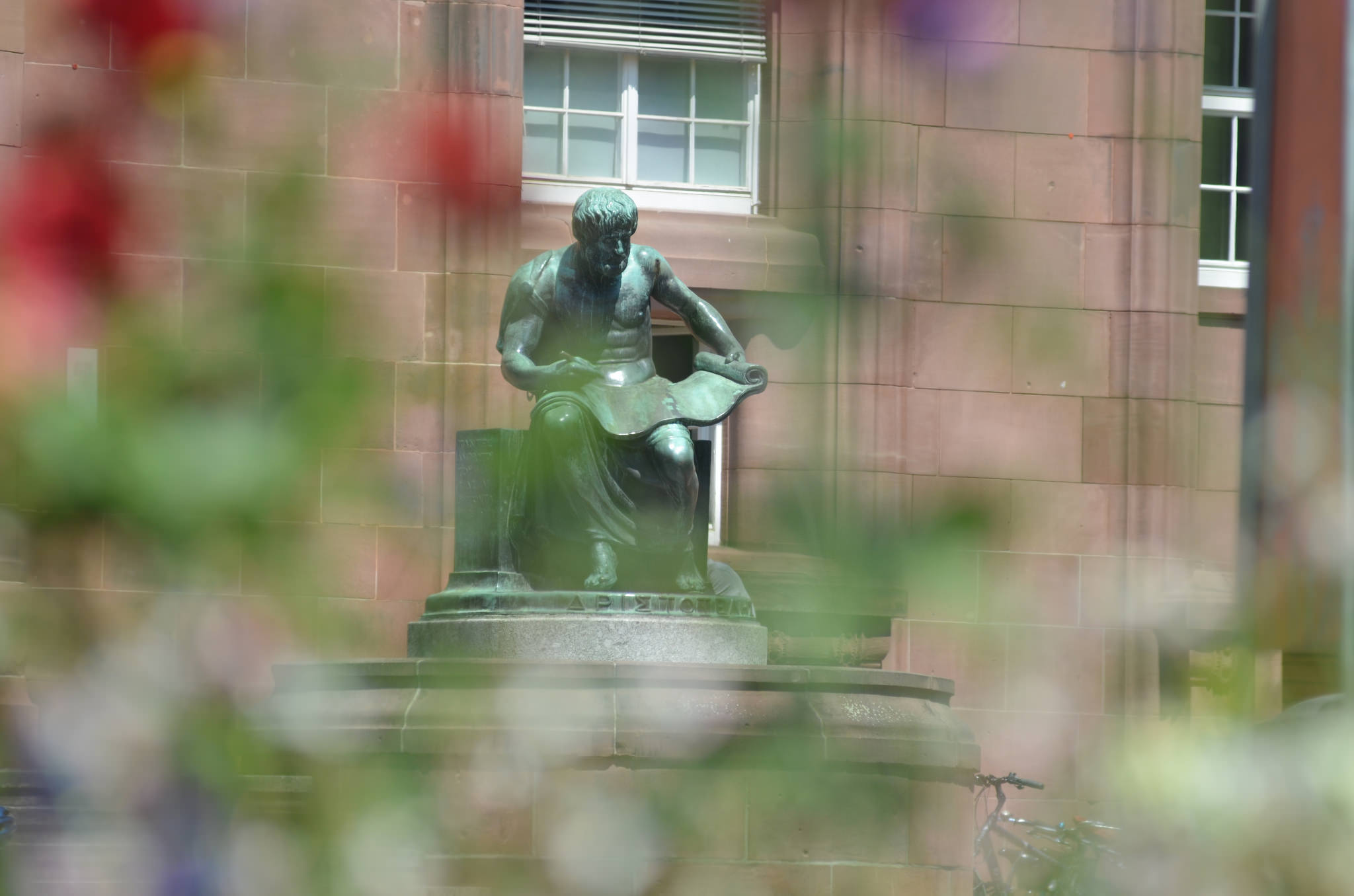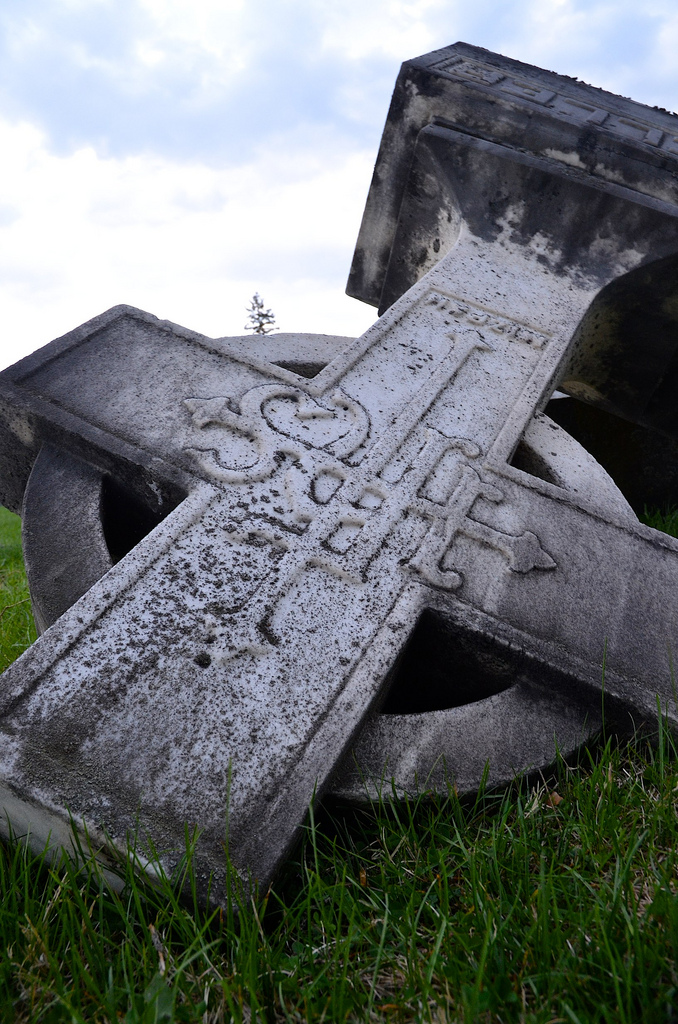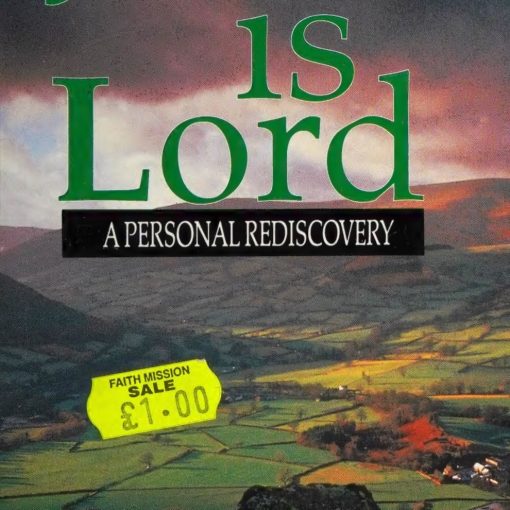 While there are some Episcopal priests who inexplicably insist that the Anglican tradition and the Episcopal Church are not part of the reformed tradition, it is undoubtedly true. So I wish you all a happy Reformation Day. (Ironically, at least as I encounter the colleagues I mentioned in the first sentence, I never knew of this special day as a Presbyterian. It was only when I began worshipping in Anglican and Episcopal churches that I became aware of this day.)
While there are some Episcopal priests who inexplicably insist that the Anglican tradition and the Episcopal Church are not part of the reformed tradition, it is undoubtedly true. So I wish you all a happy Reformation Day. (Ironically, at least as I encounter the colleagues I mentioned in the first sentence, I never knew of this special day as a Presbyterian. It was only when I began worshipping in Anglican and Episcopal churches that I became aware of this day.)
The 39 Articles of Religion, while now relegated to status as “Historical Documents” in the Book of Common Prayer, are clearly Protestant in character and doctrine. [mfn]Given what is going on in TEC it is not surprising, though disappointing, that it is difficult to find links to sites that simply provide the information. Many are aligned with one “side” or the other in the current Anglican Meltdown. That reminds me of the old Steve Taylor song, Meltdown at Madam Tussauds.[/mfn] See these examples from the Articles. Fairly reformed, don’t you think?
Article X: Of Free-Will
The condition of Man after the fall of Adam is such, that he cannot turn and prepare himself, by his own natural strength and good works, to faith, and calling upon God: Wherefore we have no power to do good works pleasant and acceptable to God, without the grace of God by Christ preventing us, that we may have a good will, and working with us, when we have that good will.
Article XI: Of the Justification of Man
We are accounted righteous before God, only for the merit of our Lord and Saviour Jesus Christ by Faith, and not for our own works or deservings: Wherefore, that we are justified by Faith only is a most wholesome Doctrine, and very full of comfort, as more largely is expressed in the Homily of Justification.
Article XII: Of Good Works
Albeit that Good Works, which are the fruits of Faith, and follow after Justification, cannot put away our sins, and endure the severity of God’s Judgement; yet are they pleasing and acceptable to God in Christ, and do spring out necessarily of a true and lively Faith; insomuch that by them a lively Faith may be as evidently known as a tree discerned by the fruit.
Article XIII: Of Works before Justification
Works done before the grace of Christ, and the Inspiration of his Spirit, are not pleasant to God, forasmuch as they spring not of faith in Jesus Christ, neither do they make men meet to receive grace, or (as the School-authors say) deserve grace of congruity: yea, rather, for that they are not done as God hath willed and commanded them to be done, we doubt not but they have the nature of sin.
Article XXII: Of Purgatory
The Romish Doctrine concerning Purgatory, Pardons, Worshipping, and Adoration as well of Images as of Reliques, and also invocation of Saints, is a fond thing vainly invented, and grounded upon no warranty of Scripture, but rather repugnant to the Word of God.
Article XXVIII: Of the Lord’s Supper
The Supper of the Lord is not only a sign of the love that Christians ought to have among themselves one to another; but rather it is a Sacrament of our Redemption by Christ’s death: insomuch that to such as rightly, worthily, and with faith, receive the same, the Bread which we break is a partaking of the Body of Christ; and likewise the Cup of Blessing is a partaking of the Blood of Christ.
Transubstantiation (or the change of the substance of Bread and Wine) in the Supper of the Lord, cannot be proved by holy Writ; but is repugnant to the plain words of Scripture, overthroweth the nature of a Sacrament, and hath given occasion to many superstitions.
The Body of Christ is given, taken, and eaten, in the Supper, only after an heavenly and spiritual manner. And the mean whereby the Body of Christ is received and eaten in the Supper is Faith.
The Sacrament of the Lord’s Supper was not by Christ’s ordinance reserved, carried about, lifted up, or worshipped.
For this day then I encourage you to read the 39 Articles and see for yourselves whether the Anglican tradition is Protestant and Reformed.





2 thoughts on “Happy Reformation Day”
I assume you know this.
I had never seen that, actually. Of course, I came to the Episcopal/Anglican tradition as an adult so I missed most of the campfire songs.